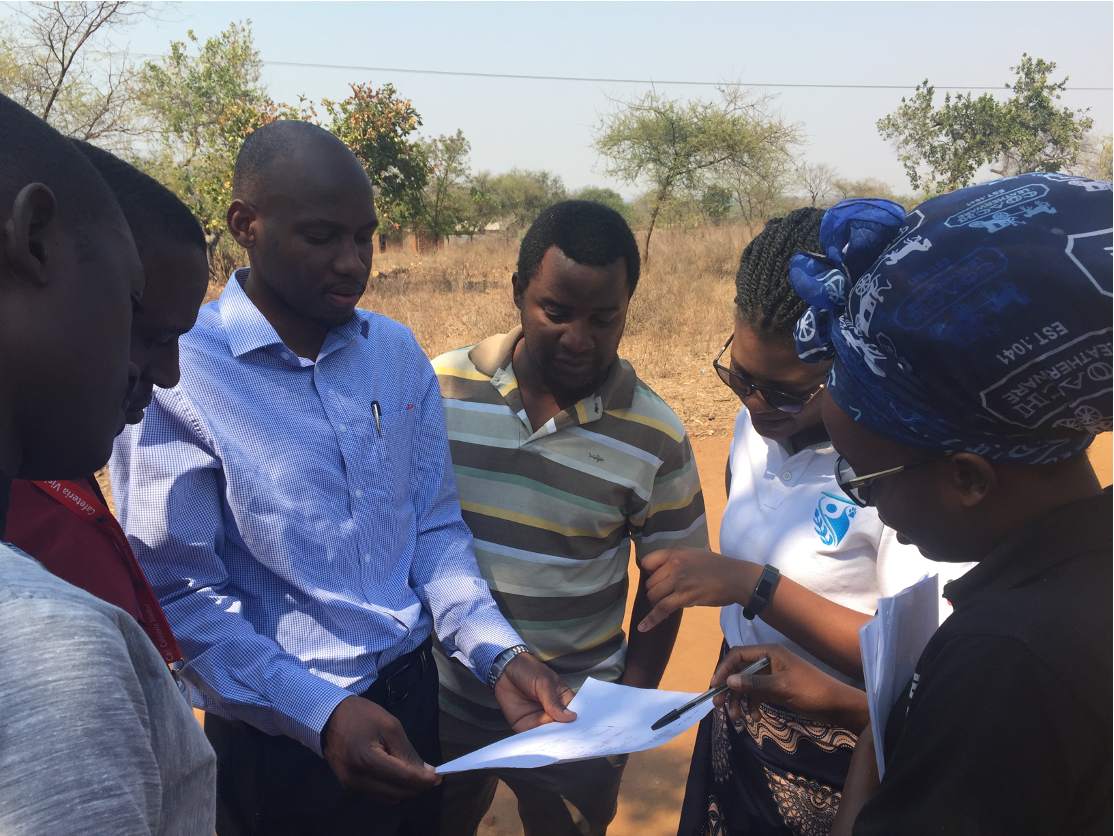
A team of international researchers from the LSTM-led DRUM Consortium working in Southern Malawi, have completed a study looking at antimicrobial resistant bacteria and how they circulate in the population.
Sub-Saharan Africa is thought to be the region worst affected by drug resistant infections, in particular by extended-spectrum β-lactamase enzyme (ESBL)-producing bacteria conferring resistance to a group of antibiotics commonly used to treat severe infection. ESBLs can be produced by a large group of bacteria that include E. coli and Klebsiella, pathogens that can cause life-threatening blood stream infections or sepsis making antibiotic resistance a serious concern.
The interdisciplinary team of local and international partners completed a longitudinal, multi-site, One Health study investigating how AMR bacteria circulate, the results of which are published in the journal Lancet Microbe.
The project saw the DRUM consortium, who’s partners include the University of Strathclyde, Lancaster University, CEH (Centre for Ecology and Hydrology) in the UK, along with MLW and KUHeS in Malawi and IDI in Uganda, carry out one of the largest study of its kind. The team visited 300 households in Southern Malawi and collected nearly 12,000 samples. They found extremely high levels of resistant bacteria in the guts of humans and animals, and extensive bacterial contamination of the wider environment and river systems alongside a paucity of sanitation infrastructure.
The team found that the key risks for human colonisation with resistant bacteria to be urbanisation, season, and human-animal interactions, reflecting the critical importance of environmental health in driving the spread of resistant bacteria. First author on the paper, LSTM’s Dr Derek Cocker, said: “Without adequate efforts to improve environmental health, antimicrobial resistance transmission is likely to persist in this, and similar settings.”
This data is urgently needed by policy makers nationally and regionally, as it emphasises the essential role a One Health approach will play in tackling the global public health challenge posed by antimicrobial resistance.
“We highlight the key role an unsafe environment plays in the transmission of antibiotic resistant bacteria and that a further benefit of ensuring access to safe water and sanitation for all will be to reduce the spread of antibiotic resistance.” Said LSTM’s Professor Nick Feasey, senior author on the paper.
Cocker, D., Chidziwisano, K., Mphasa, M., Mwapasa, T., Lewis, J. M., Rowlingson, B., Sammarro, M., Bakali, W., Salifu, C., Zuza, A., Charles, M., Mandula, T., Maiden, V., Amos, S., Jacob, S. T., Kajumbula, H., Mugisha, L., Musoke, D., Byrne, R., ... Feasey, N. (2023). Investigating One Health risks for human colonisation with extended spectrum beta-lactamase producing E. coli and K. pneumoniae in Malawian households: a longitudinal cohort study. The Lancet Microbe . https://doi.org/10.1016/S2666-5247(23)00062-9